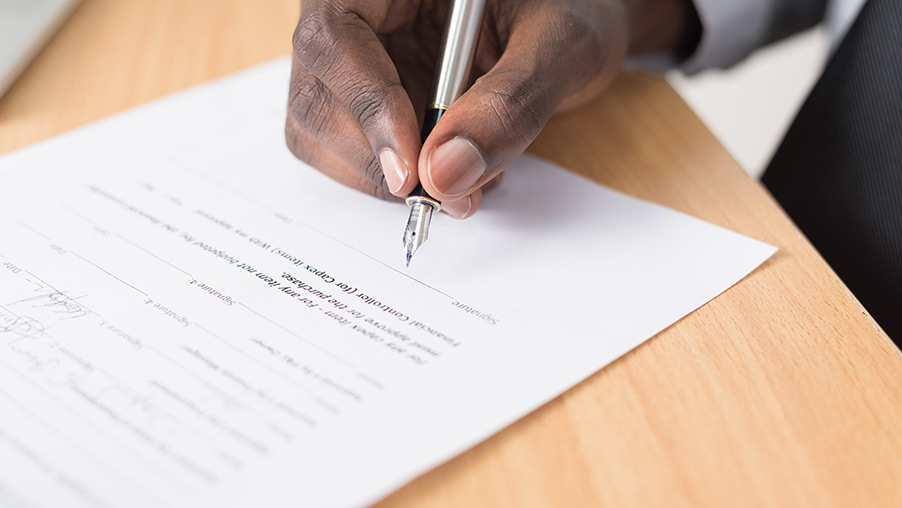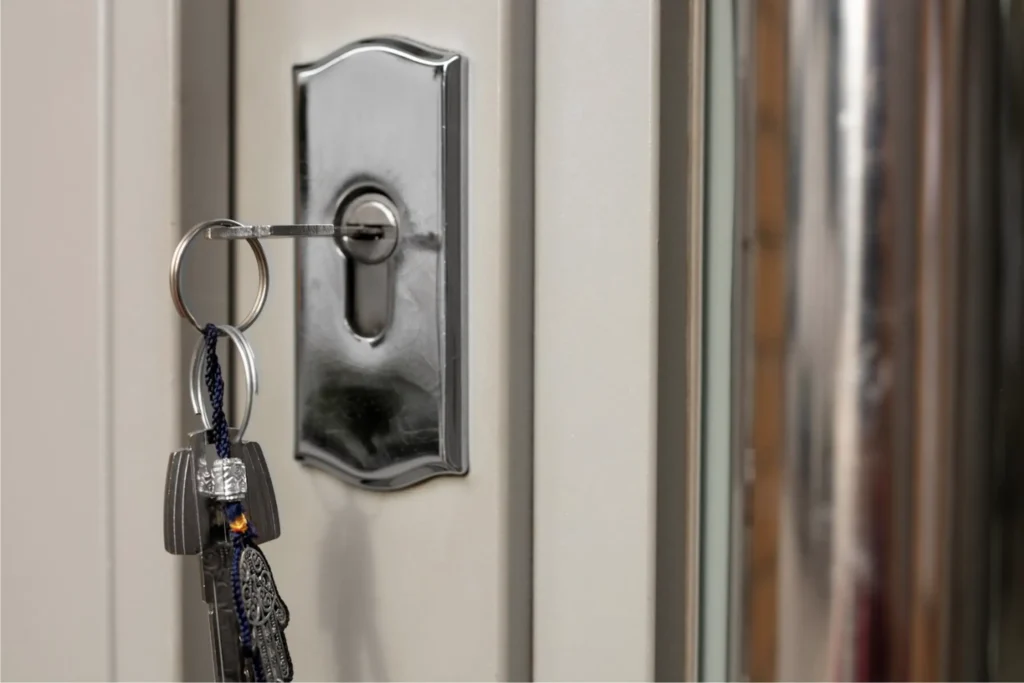If you live in Georgia, you might assume your home equity is safe from lawsuits. But the reality is, Georgia’s homestead protection is far more limited than many homeowners realize. Unless you take additional steps, a large portion of your equity may be exposed.
This article explains what Georgia’s homestead exemption does and does not protect—and what you can do to protect the rest.
Understanding the Georgia Homestead Exemption
Under Georgia law (GA Code § 44-13-100), homeowners can exempt up to $21,500 of equity in a primary residence during bankruptcy proceedings. For married couples filing jointly who own the property together, the exemption increases to $43,000.
Unlike in some states, Georgia does not allow federal bankruptcy exemptions. So if you file for Chapter 7 or Chapter 13 bankruptcy, you must use Georgia’s state-level protections.
Georgia’s homestead exemption applies automatically—there is no need to file a separate homestead declaration.
How the Homestead Exemption Works in Practice
Let’s say you own a home worth $250,000 and you owe $230,000 on your mortgage. Your $20,000 in equity would be fully protected for you and your spouse.
But if your equity is higher than that—say, $60,000 in a fully paid-off home—only $43,000 would be protected. The remaining $17,000 in equity would be exposed in a Chapter 7 bankruptcy or to any creditor that secures a judgment against you.
What Property Qualifies?
In Georgia, the homestead exemption applies to real or personal property used as a primary residence. This includes:
- Single-family homes
- Condominiums
- Co-ops
It does not apply to:
- Rental or vacation homes
- Vacant land not used as your principal residence
Exceptions: What the Exemption Won’t Stop
Even if your home qualifies, Georgia’s homestead protection won’t stop:
- Mortgage or deed of trust foreclosures
- IRS tax liens
- Mechanics or labor liens
- Judgments for unpaid child or spousal support
The Risk of Exceeding Georgia’s Low Homestead Cap
Here’s the real issue: Georgia’s homestead exemption is one of the lowest in the country. With even modest property appreciation, many homeowners build far more equity than the law protects.
If a judgment is entered against you, or if you file for Chapter 7 bankruptcy with more than $21,500 (or $43,000 jointly) in home equity, a creditor or trustee could seize the excess.
And unlike some states, Georgia doesn’t protect property taxes through the same exemption law. The property tax exemption is a separate program.
New Property Tax Law in Georgia
Georgia passed House Bill 581, capping the annual increase in homestead property assessments to the prior year’s inflation rate. While helpful for property taxes, this law does not affect creditor protection or bankruptcy exemptions.
How to Protect Equity That Goes Beyond Georgia’s Homestead Limit
If your home equity exceeds the state limit—as it likely does—you can still protect yourself. Common asset protection strategies include:
- Qualified Personal Residence Trust: This irrevocable trust can remove your home from your taxable estate and shield it from future creditor claims when set up properly.
- LLCs: Useful for residences that are rented (even partially, such as a casita or guest quarters).
- Equity Reduction: Taking out a HELOC or using equity strategically may reduce exposed value, though this must be done carefully.
Each option comes with pros, cons, and tax implications. There is no one-size-fits-all solution—that’s why legal guidance matters.
Consult an Attorney Before It’s Too Late
If your home equity exceeds Georgia’s exemption limits, your wealth could be at risk in a lawsuit or bankruptcy. While the law provides limited protection, it’s not enough for most homeowners.
At Skabelund, our experienced team helps Georgia residents secure their homes and financial futures with personalized legal strategies that go beyond the basics.
Don’t wait for a crisis to find out your home isn’t protected. Contact us today to explore your asset protection options and build a plan that keeps your equity safe.


